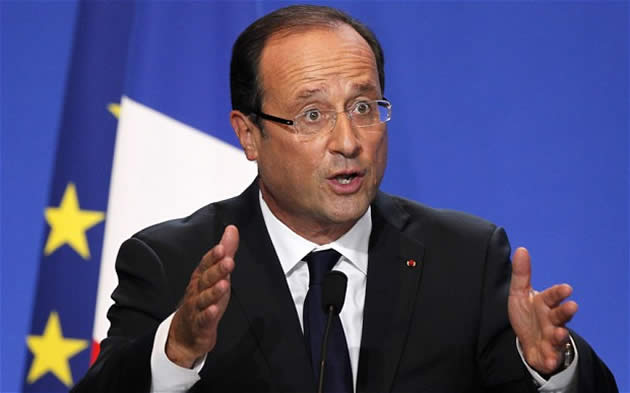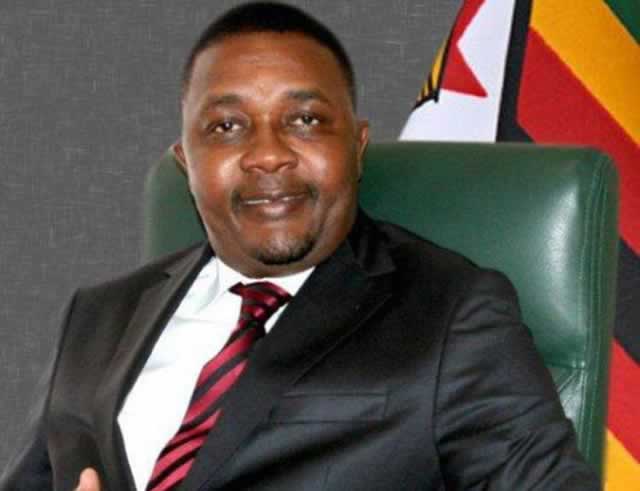France-Africa Summit: Hollande’s swansong

Peter Fabricius Correspondent—
French President François Hollande put his legacy first by insisting that the 27th Africa-France Summit, which he will co-chair, should be held this week in Bamako, the capital of Mali.
Mali is certainly a lot calmer and safer than it was four years ago when a jihadist/separatist insurgency erupted in the north — but it is by no means completely secure.
The dangers of assembling here some 60 official delegations, including 20 heads of state and top business leaders, were starkly illustrated just over a year ago when jihadists killed about 20 people, most of them foreigners, in an attack on the Radisson Blu Hotel. The French business federation, Medef, is reportedly especially unhappy with the choice of Bamako.
Medef lobbied hard for the summit to be transferred instead to Abidjan, the commercial capital of neighbouring Cote d’Ivoire, which it considered safer and more prosperous.
But for Hollande, holding the summit in Bamako was too important, as a backdrop for shoring up his legacy.
With his polls plummeting back home, he announced last month that he would not run for re-election in April. The Bamako summit is a great opportunity for Hollande to showcase his greatest foreign policy success.
So, the summit will be not only his swansong in Africa, but also a great opportunity to showcase his greatest foreign policy success — Operation Serval. Hollande ordered the French military intervention in January 2013 to halt and eventually turn back the jihadist/separatist insurgency from the north.
The medium will be the message. Merely holding such a gathering of leaders here says that Mali is back to normal, is “frequentable” again, Abdoullah Coulibaly, head of the summit organising committee, told Jeune Afrique.
So, the summit will be, at first, an opportunity to reflect on the record of France’s Africa policy under Hollande — which has been comparatively good. Hollande took some more steps away from Paris’s notorious post-colonial “Francafrique” policy of self-interested meddling in the continent, militarily and otherwise.
His centre-rightist predecessor, Nicolas Sarkozy, launched military attacks in both Libya and Cote d’Ivoire that were not sanctioned internationally. The socialist Hollande, however, was careful to secure both United Nations and African Union approval and support for France’s military interventions in Mali — and later in Central African Republic (CAR).
In Mali, this military intervention broke jihadist control of the north and brought separatist rebels into negotiations with the government.
Successful elections were held. Insecurity nonetheless persists, and Mali security forces, helped by France, have had to mount a major operation to try to keep the summit safe.
Hollande has also kept the promises of aid that he made at the last Africa-France Summit in 2013.
In CAR, France’s military Operation Sangaris also helped reduce insecurity, though lasting peace remains elusive.
Hollande has also kept the promises of aid that he made at the last Africa-France Summit in Paris in 2013.
France has delivered €11,5 billion of development assistance between 2014 and 2016 and plans to spend over €4 billion per annum over the next two years to reach the €20 billion pledged at the Paris Summit, according to the French Development Agency, AFD.
From 2020, the €4 billion is due to increase to more than €6 billion a year — half of it devoted to reducing global warming. The summit will not be all mutual backslapping and admiration.
Despite Barkhane, disagreements are likely about continuing insecurity in CAR, Libya and the Sahel — the latter two of which many African governments mostly blame on the NATO-led and French-supported military attack that toppled Muammar Gaddafi.
Sharp debate and disagreement can also be expected on how to manage the continuing flow of African and other migrants from African shores into Europe. That is boosting the growth of anti-immigrant, nationalist and far-right political parties across Europe, and contributed to the climate that persuaded Hollande he had no chance in this year’s election.
Nonetheless, Hollande himself will probably emerge from the summit personally unscathed by much African criticism, as he highlights his comparatively successful military interventions and increased aid.
Hollande’s African legacy will by no means be unblemished.
On the economic front, though, Africa is retreating as a market for France, fast losing ground to China.
In 2005, France had some 8,7 percent of trade with Africa, versus China’s 6,5 percent share.
In 2015, China turned the tables, grabbing 17,6 percent to France’s 5,6 percent. And French business has failed to effect its long-intended breakout from its historical redoubts in Francophone Africa into other large markets, such as South Africa, Nigeria, Ghana and Ethiopia. — ISSAfrica.









Comments